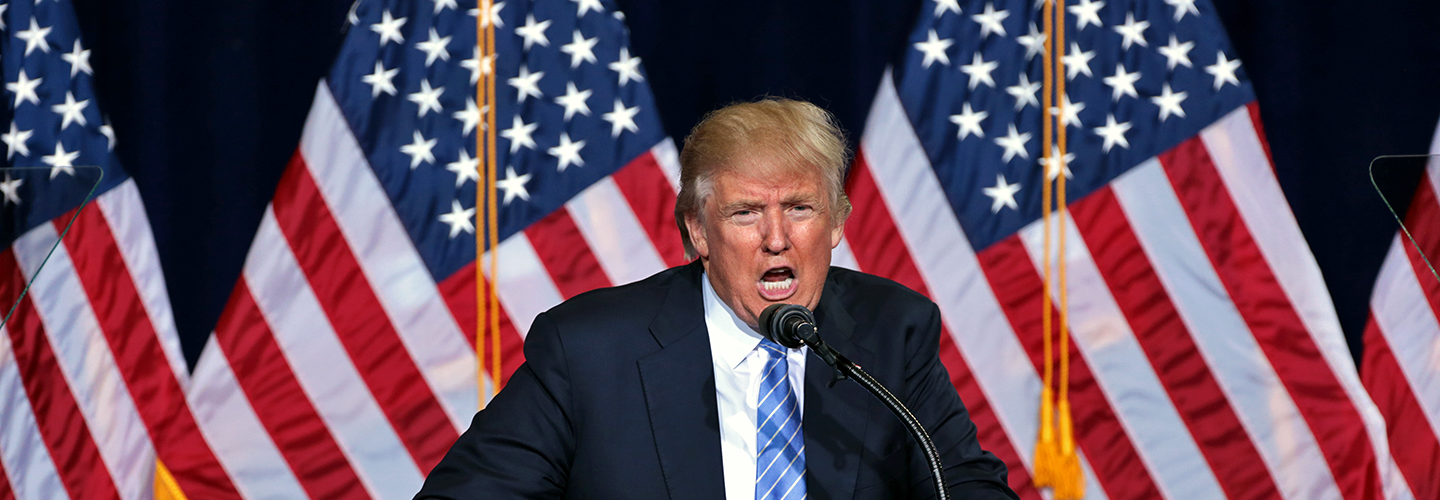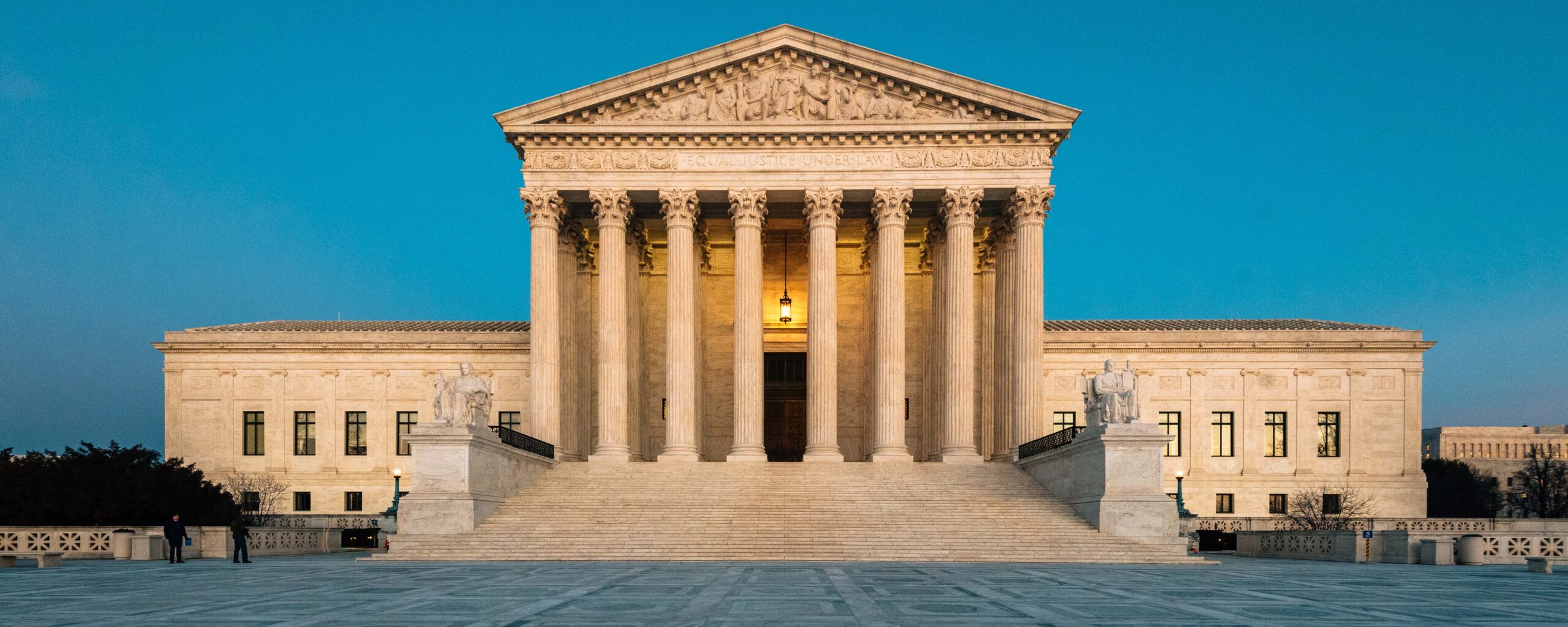“During his first 100 days as the 45th president of the United States, Donald J. Trump launched Twitter attacks against ‘Fake Tears Chuck Schumer,’ members of the Republican Freedom Caucus, and a district court judge; accused his predecessor of ‘wiretapping’ his phone, though there was no evidence for the claim; and baffled observers by appearing to lament a nonexistent terrorist attack in Sweden.”
Opening with that statement, a new analysis published in the journal Political Science Quarterly argues that Trump has forged a unique rhetorical signature that disrupts the norms of politics and discourse.
Kathleen Hall Jamieson, director of the Annenberg Public Policy Center (APPC) of the University of Pennsylvania, and APPC postdoctoral fellow Doron Taussig write that while Trump’s signature rhetoric helped to secure his electoral victory, as president that same rhetoric has prompted resistance even from his own party and hindered his early attempts to govern.
“Here we argue not simply that Trump’s norm-shattering rhetoric deviates from that of his predecessors but also that his discursive patterns constitute a double-edged rhetorical identity or signature,” the authors write. “This rhetorical signature both certified Trump’s authenticity as a change candidate to a constituency eager for the disruption of politics as usual and now complicates his ability to govern in a political system still accustomed to those conventions.”
Trump’s rhetorical signature
Jamieson and Taussig conclude that Trump “eschews scripted language, depicts himself as the heroic savior of a country in free-fall, dismisses the authority of key custodians of knowledge when it is convenient to do so, refuses to honor traditional standards of evidence and argument, breaches long-lived canons of civility, attacks the legitimacy of a number of democratic institutions, and rejects the conceit of American exceptionalism. Just as a golden, block-lettered ‘Trump’ expressed his brand in business, this spontaneous, Manichean, evidence-flouting, accountability-dodging, institution-disdaining rhetoric serves as his signature in politics.”
“Disruption, Demonization, Deliverance, and Norm Destruction: The Rhetorical Signature of Donald J. Trump” cites examples from Trump’s language as a candidate and through his first 100 days in office to discuss his signature traits. These show how the qualities that helped him win election created challenges for him as president. They cite, among others, these traits and challenges:
- Spontaneous and unpredictable: By communicating in a seemingly spontaneous, improvisational fashion and in unusual ways and at unusual hours, Trump increases his control of the media agenda, circumvents media gatekeepers, and distinguishes his rhetoric from the scripted, poll-driven messaging of his campaign rivals and presidential predecessors.
But the same quality has become a liability in governing, the authors find. A March 2017 Fox News poll found that only 35 percent of Trump voters approved of his Twitter habits, and a tweet in which Trump accused Obama of wiretapping his phone during the election process “propelled his presidency into an ongoing congressional investigation.”
- Accountability dodging: More so than his predecessors, Trump rejects conventional standards of accountability, denying discernible reality, changing and reversing past positions casually, and, when caught, distracting.
As a sitting president, however, “accountability structures” make it more difficult to avoid accountability, the article says. After Trump accused Obama of wiretapping his phones, FBI director James Comey stated unequivocally before the House Intelligence Committee that “neither the FBI nor the Justice Department had any evidence ‘that supports those tweets.’ ”

Political norms after Trump
While in the past “some presidents have been mentally fragile,” real-time evidence of that usually would have been available only to an inner circle, not the public. “Not so in the Twitter age with a president who appears to post before thinking and seems burdened with few undisclosed thoughts,” the authors observe. Based on Trump’s statements, critics have expressed concern about his “mental acuity,” while the reliably conservative Wall Street Journal’s editorial page has worried about his “seemingly endless stream of exaggerations, evidence-free accusations, implausible denials and other falsehoods…”
Those concerns have led to speculation about use of the 25th Amendment, under which the vice president and the cabinet can remove the president if they find him “unable to discharge the powers and duties of his office.” While the likelihood that amendment would be invoked is “vanishingly small,” the authors write, “the mere fact that Trump’s public statements have fueled speculation about it is evidence that he has engaged in rhetoric that disrupted political and discourse norms.”
The “dual realities” of Trump’s electoral success and early struggles governing, the authors say, increase the importance of asking and the difficulty in predicting whether and how his disruption of political norms will be embraced by future politicians: “Trump’s electoral victory could incentivize an army of imitators; his difficult tenure could scare potential imitators off; or he could serve as a demolition man who lays waste to old political practices before someone else constructs a new style of political rhetoric unlike both the incumbent’s and his predecessors.”
This article is published in PSQ’s Winter 2017-2018 issue. Download the full release here.
Kathleen Hall Jamieson is director of the Annenberg Public Policy Center and the Elizabeth Ware Packard Professor of Communication at the University of Pennsylvania’s Annenberg School for Communication. She is a co-founder of FactCheck.org and the author or co-author of 15 books, including “Packaging the Presidency,” “Eloquence in an Electronic Age,” and “The Obama Victory.” Doron Taussig is the Vartan Gregorian Postdoctoral Fellow at the Annenberg Public Policy Center.

